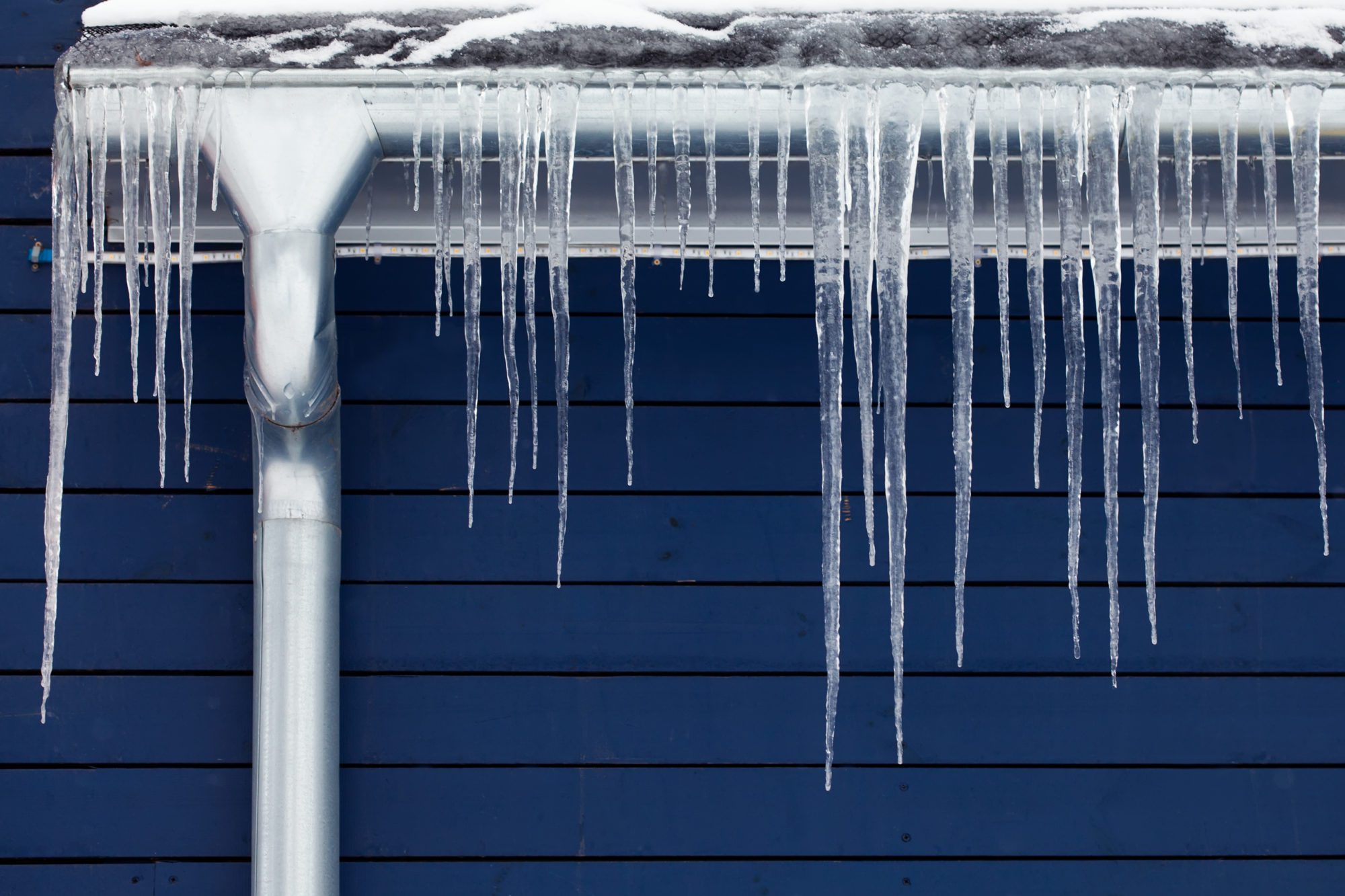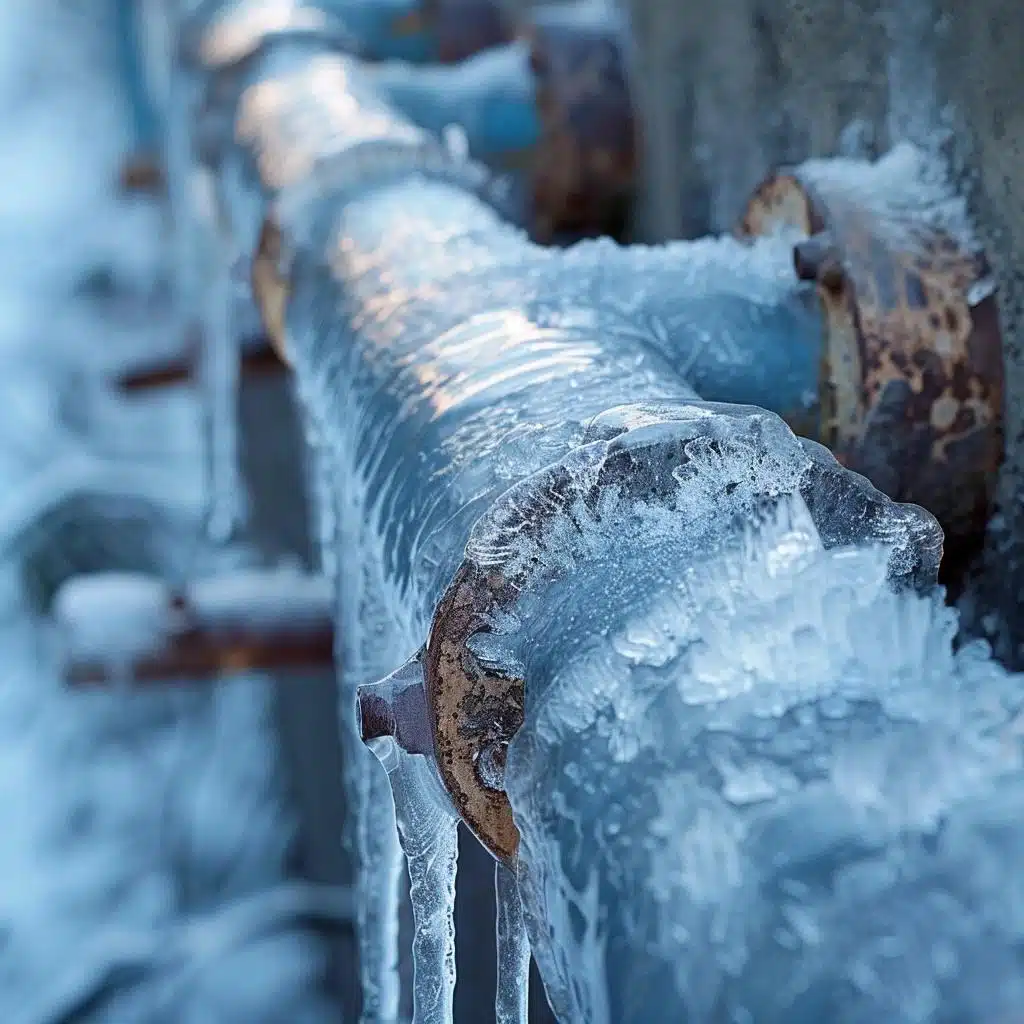Essential Tips for Avoiding Frozen Pipes in Cold Weather Seasons
Essential Tips for Avoiding Frozen Pipes in Cold Weather Seasons
Blog Article
The content on the next paragraphs pertaining to 6 Ways to Prevent Frozen Pipes is truly enjoyable. Don't bypass it.

Winter can wreak havoc on your pipes, especially by freezing pipelines. Here's just how to stop it from taking place and what to do if it does.
Introduction
As temperatures drop, the threat of icy pipes boosts, possibly causing expensive fixings and water damages. Understanding how to stop frozen pipes is vital for homeowners in chilly environments.
Avoidance Tips
Insulating vulnerable pipelines
Cover pipelines in insulation sleeves or use heat tape to secure them from freezing temperatures. Focus on pipes in unheated or external areas of the home.
Home heating strategies
Keep indoor spaces appropriately heated, specifically areas with plumbing. Open up cupboard doors to permit warm air to circulate around pipelines under sinks.
Exactly how to determine frozen pipes
Search for decreased water flow from faucets, uncommon odors or noises from pipelines, and visible frost on subjected pipes.
Long-Term Solutions
Structural adjustments
Take into consideration rerouting pipes far from outside walls or unheated areas. Include extra insulation to attics, cellars, and crawl spaces.
Updating insulation
Invest in high-quality insulation for pipes, attics, and walls. Appropriate insulation aids keep regular temperatures and minimizes the danger of icy pipes.
Securing Outside Pipes
Garden hoses and outside taps
Disconnect and drain pipes garden tubes prior to wintertime. Set up frost-proof faucets or cover exterior faucets with shielded caps.
Comprehending Icy Pipes
What triggers pipes to ice up?
Pipes freeze when subjected to temperature levels listed below 32 ° F (0 ° C) for prolonged durations. As water inside the pipes freezes, it expands, putting pressure on the pipeline wall surfaces and possibly triggering them to burst.
Risks and problems
Icy pipes can cause water interruptions, property damages, and expensive repairs. Burst pipelines can flood homes and trigger considerable structural damage.
Indicators of Frozen Piping
Identifying icy pipelines early can avoid them from rupturing.
What to Do If Your Pipes Freeze
Immediate activities to take
If you think icy pipes, keep faucets open up to alleviate pressure as the ice melts. Utilize a hairdryer or towels soaked in hot water to thaw pipelines slowly.
Final thought
Protecting against frozen pipes calls for positive actions and fast reactions. By understanding the causes, signs, and safety nets, property owners can protect their plumbing throughout cold weather.
6 Proven Ways to Prevent Frozen Pipes and Protect Your Home
Disconnect and Drain Garden Hoses
Before winter arrives, start by disconnecting your garden hoses and draining any remaining water. Close the shut-off valves that supply outdoor hose bibs and leave the outdoor faucet open to allow any residual water to drain. For extra protection, consider using faucet covers throughout the colder months. It’s also important to drain water from any sprinkler supply lines following the manufacturer’s directions.
Insulate Exposed Pipes
Insulating your pipes is an effective way to prevent freezing. Pipe insulation is readily available at home improvement stores and is relatively inexpensive. Pay close attention to pipes in unheated areas such as the attic, basement, crawl spaces, or garage. Apply foam insulation generously to create a buffer against the cold. You can also wrap your pipes in heat tape or thermostat-controlled heat cables for added warmth.
Seal Air Leaks
Inspect your home for any cracks or openings that could let in cold air. Seal any holes around the piping in interior or exterior walls, as well as the sill plates where your home rests on its foundation. Additionally, make sure to keep your garage door closed unless you’re entering or exiting. Leaving it open creates a significant air leak that can lead to frozen pipes.
Allow Warm Air Circulation
During cold snaps, it’s essential to allow warm air to circulate evenly throughout your home. Leave interior doors ajar to promote better airflow. Open kitchen and bathroom cabinets to help distribute heat consistently around the rooms. If you have small children or pets, be sure to remove any household chemicals or potentially harmful cleaners from open cabinets for safety.
Let Faucets Drip
A small trickle of water can make a big difference in preventing ice formation inside your pipes. When temperatures drop significantly, start a drip of water from all faucets served by exposed pipes. This continuous flow helps prevent the water from freezing. Additionally, running a few faucets slightly can relieve pressure inside the pipes, reducing the chances of a rupture if the water inside does freeze.
https://choateshvac.com/6-proven-ways-to-prevent-frozen-pipes-and-protect-your-home/

We were shown that write-up about How to Prevent Your Pipes From Freezing from a buddy on our other web page. Are you aware of anybody else who is looking into the topic? Why not share it. Kudos for being here. Return soon.
Details Report this page